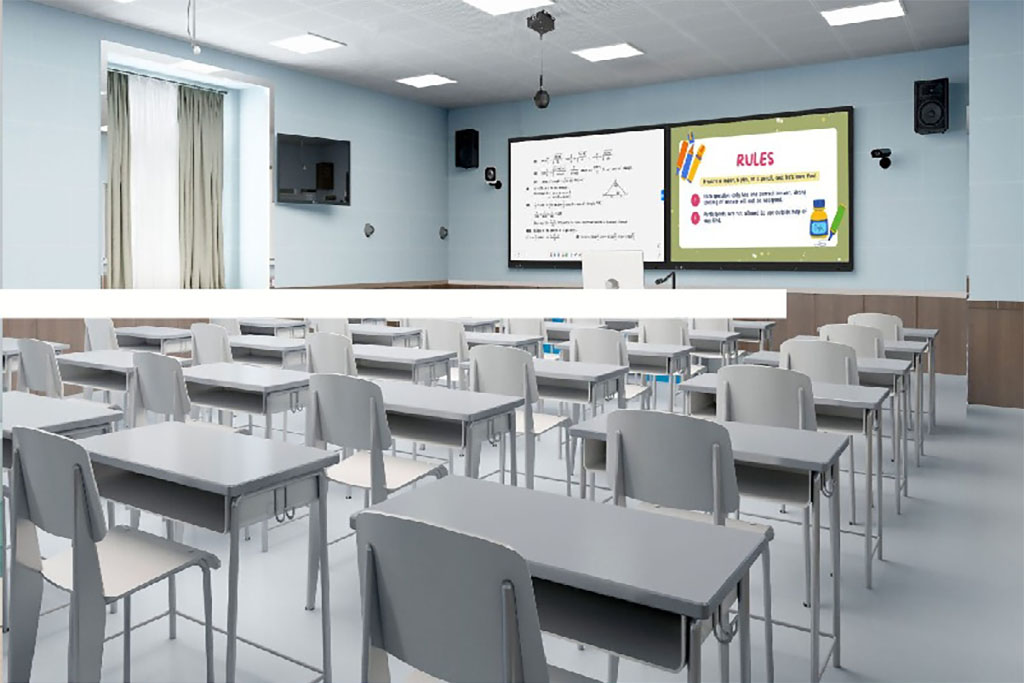
The Ministry of Federal Education and Professional Training, in collaboration with UNESCO, is set to launch a groundbreaking initiative to introduce smart classrooms in 40 girls’ schools across Gilgit-Baltistan. This initiative aims to enhance the quality of education and provide an engaging learning experience for students.
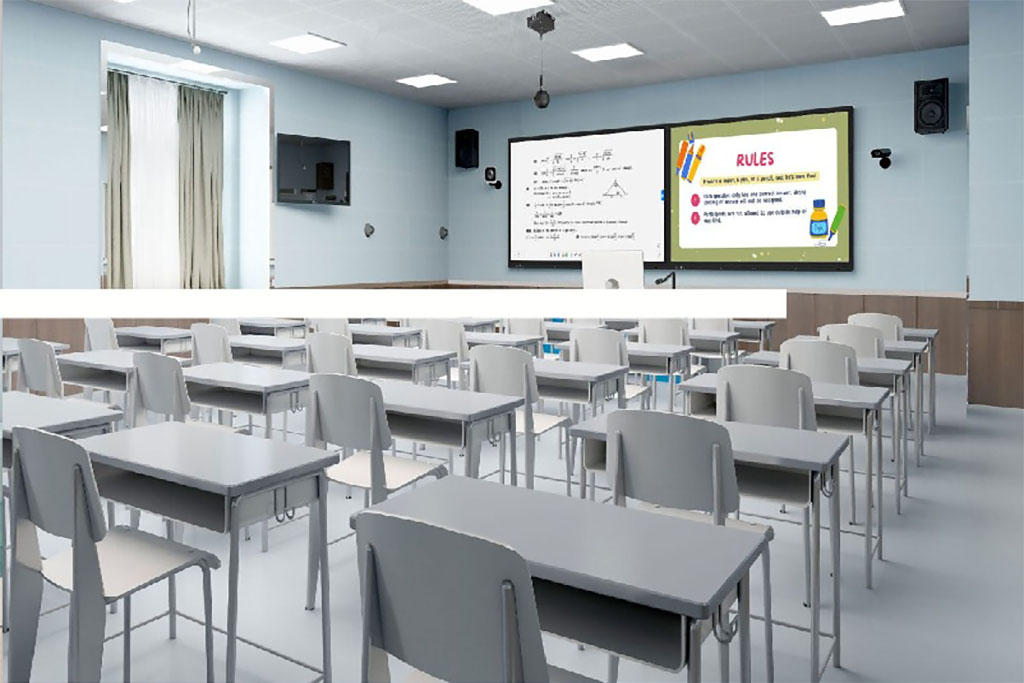
Key Highlights of the Initiative
-
Objective: Enhance digital literacy and education quality
-
Target Area: 40 girls’ schools in Gilgit-Baltistan
-
Key Districts:
-
Nagar
-
Ghizer
-
Shigar
-
Diamer
-
Kharmang
-
-
Technology Features:
-
Digital learning resources
-
Interactive learning tools
-
Immersive educational environment
-
-
Expected Impact: Empower young girls with digital skills and education
The Vision Behind Smart Classrooms
The initiative is part of the government's broader strategy to bridge the educational gap in remote areas and ensure equal learning opportunities for girls. With the introduction of smart classrooms, students will have access to digital tools that will foster creativity, problem-solving, and critical thinking.
Impact on Education and Digital Literacy
How Smart Classrooms Will Transform Learning
Smart classrooms are expected to revolutionize education in Gilgit-Baltistan by:
-
Providing multimedia-based education that makes learning more engaging.
-
Offering real-time access to global educational resources.
-
Encouraging self-paced learning through digital platforms.
-
Enhancing teacher-student interaction with smart tools.
Challenges and Solutions
| Challenges | Proposed Solutions |
|---|---|
| Limited internet access in remote areas | Deploying offline digital resources and satellite internet |
| Teacher training for digital tools | Specialized training programs for educators |
| Infrastructure development | Government support and public-private partnerships |
Empowering Women Through Education
This initiative aligns with Pakistan’s commitment to gender equality in education. By equipping girls with digital knowledge, the program will empower them to become future leaders in various fields, including STEM (Science, Technology, Engineering, and Mathematics).
Entrepreneurial Inspiration: Nausheen Barkat’s Lecture
While the government is making strides in education, inspirational figures like Nausheen Barkat, the first female CEO of Bee Company from Hunza, are playing a crucial role in motivating students. Recently, she delivered an insightful lecture on entrepreneurship at Islamabad College for Girls (F-6/2).
Key Takeaways from Nausheen Barkat’s Lecture
-
Entrepreneurial Thinking: Encouraged students to embrace innovation and problem-solving.
-
Financial Success: Shared strategies on achieving financial independence through startups.
-
Role of Education: Highlighted the importance of digital literacy in business success.
-
Government Initiatives: Praised the Ministry of Education for its progressive efforts.
The Future of Smart Education in Pakistan
The introduction of smart classrooms in Gilgit-Baltistan is just the beginning. The government aims to expand this initiative across other regions to ensure that all students, especially girls in remote areas, receive quality education through technology.
Expected Future Developments
-
Expansion to more districts
-
Introduction of AI-powered learning platforms
-
Greater investment in teacher training
-
Strengthening internet connectivity in remote regions



.jpg)







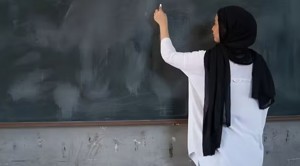
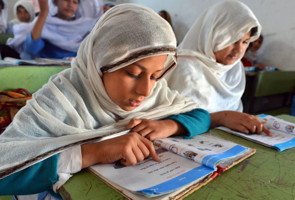
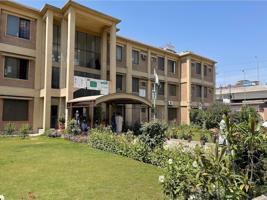



Share your comments & questions here
No comments yet. Be the first to comment!